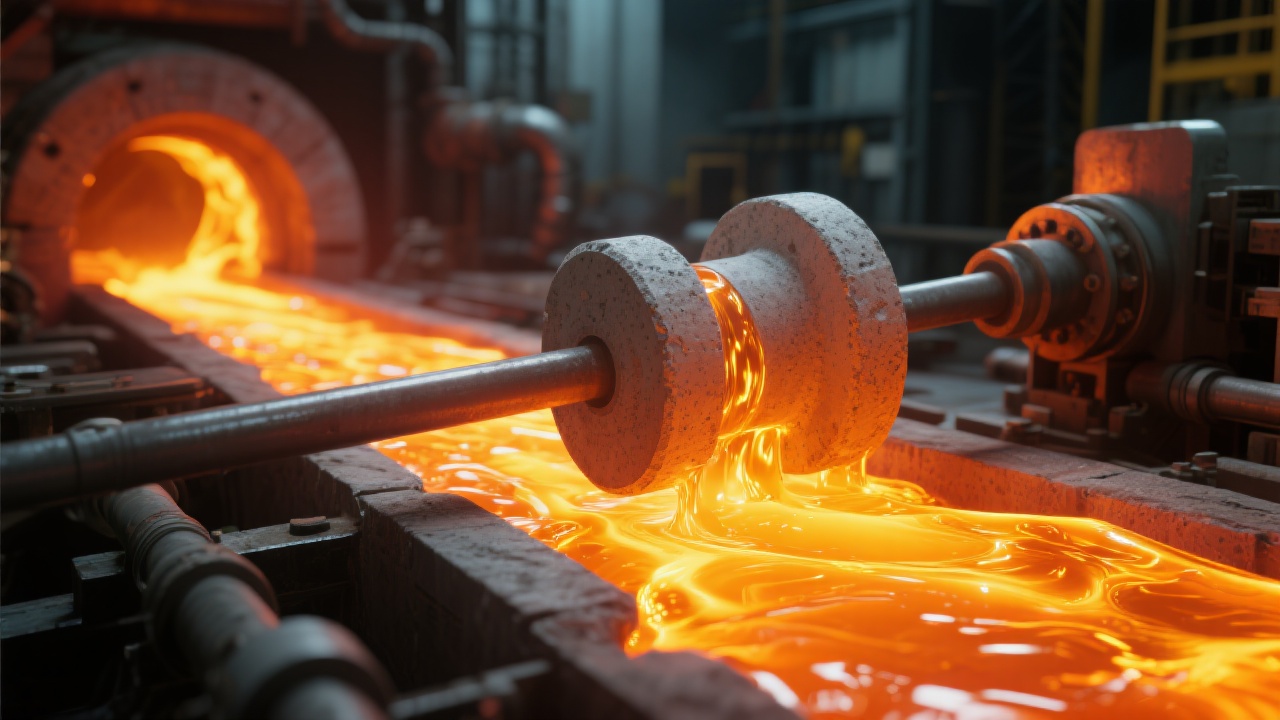
In the demanding world of steelmaking and high-temperature industrial processes, large cast sillimanite bricks are not just components—they’re critical to furnace longevity and operational safety. In fact, over 70% of refractory failures in continuous casting systems trace back to inconsistent molding quality, not material composition alone.
Sillimanite (Al₂SiO₅) is chosen for its exceptional thermal shock resistance and low creep at temperatures above 1400°C. However, even the purest raw materials must be processed with precision. Our production uses a blend of 65% natural sillimanite, 25% fused alumina, and 10% clay binder—each carefully selected for particle size distribution (typically 10–50 µm) to ensure optimal flow during casting and minimal shrinkage post-drying.
| Component | Role in Final Product | Target Range |
|---|---|---|
| Sillimanite | Thermal stability & volume integrity | 65% |
| Fused Alumina | High-load bearing capacity | 25% |
| Clay Binder | Green strength & moldability | 10% |
1. Slurry Mixing: We use a planetary mixer for 45 minutes at 30 rpm to achieve homogeneity—a key factor in avoiding micro-cracks later. Consistency should fall between 1.2–1.4 g/cm³ (measured via Brookfield viscometer).
2. Manual Gypsum Mold Casting: This step is where many manufacturers cut corners—but we insist on hand-pouring into custom-designed gypsum molds. Why? Because automated pouring often introduces air bubbles that reduce density by up to 8%. Each brick takes 15–20 minutes per mold, allowing for controlled degassing and uniform thickness (±0.5 mm tolerance).
3. Drying: Controlled at 60°C for 48 hours—not too fast, not too slow. Rapid drying causes surface cracking; slow drying increases cycle time unnecessarily. At this stage, moisture content drops from ~18% to <2%, ensuring structural integrity before firing.
4. Firing: Sintering occurs in a tunnel kiln at 1450°C for 12 hours. The ramp rate is strictly controlled at 5°C/min to prevent thermal stress. Post-firing, bricks show a bulk density of 2.6–2.7 g/cm³ and compressive strength >120 MPa—well above industry standards.
At every phase—from raw mix prep to final inspection—we monitor critical parameters:
As Dr. Elena Müller, former head of refractory R&D at ThyssenKrupp, once said: “You can’t outsource precision in molding—it’s the silent guardian of performance.”

If you're evaluating refractory solutions for your plant, consider how much more reliable your operations could be with bricks made using such meticulous craftsmanship—not just raw ingredients.
Want to see real-world results? Let us share case studies from clients in Germany, Brazil, and South Korea who reduced furnace downtime by 30% after switching to our precision-cast sillimanite bricks.

